Recent University of Oregon graduate Tucker Orman's left leg is a centimeter shorter than his right - a reminder of fractures he suffered as a teenager in mountain bike competitions. He spent much of four consecutive summers recovering from surgeries on his growing frame.
Those injuries, including a hip fracture, ultimately ignited his drive to pursue research and medicine.
"I kind of resent the fracture that shortened one leg, but I think it's given me a unique ability to relate to people with long-term injuries," said Orman, who graduated from the UO in June.
The experience shaped his empathy for patients and sparked a fascination with how the body heals.
"I received great care, but I could see which practitioners truly cared and took the time to make you feel safe," he said.
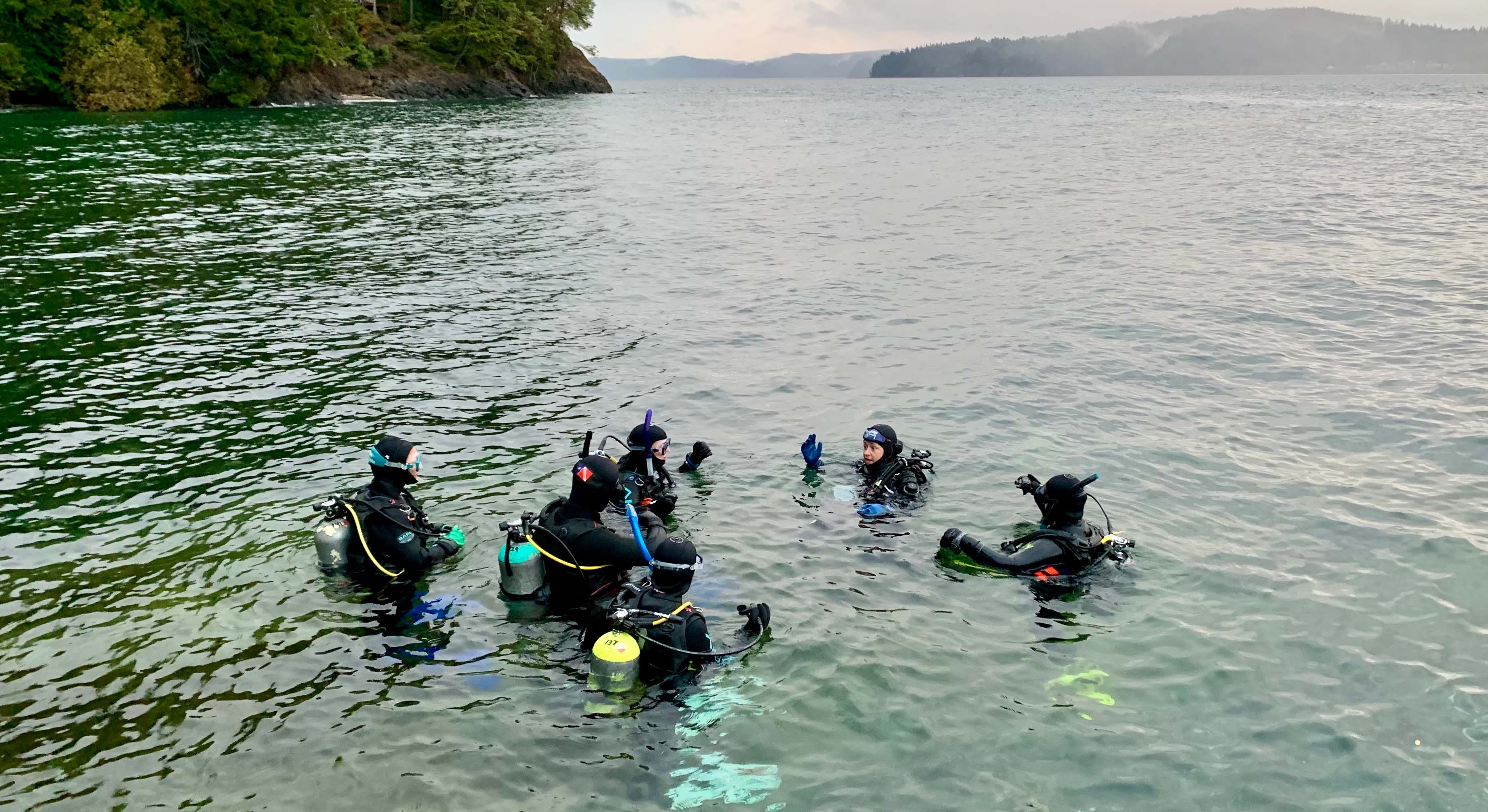
That awareness stayed with him as he began his time at the UO, majoring in human physiology and searching for hands-on research opportunities that connected classroom theory and real people.
While still an undergraduate, Orman served in an uncommon role: as first author on a paper published Sept. 4 in the European Journal of Applied Physiology, looking at the factors that affect a scuba diver's ability to maintain core body temperature.
Examining the influences of body type and sex on maintaining warmth in cold water using wet suits and dry suits, he became one of only two undergraduate students in professor Andrew Lovering's human physiology lab to design and manage a scientific study to completion.
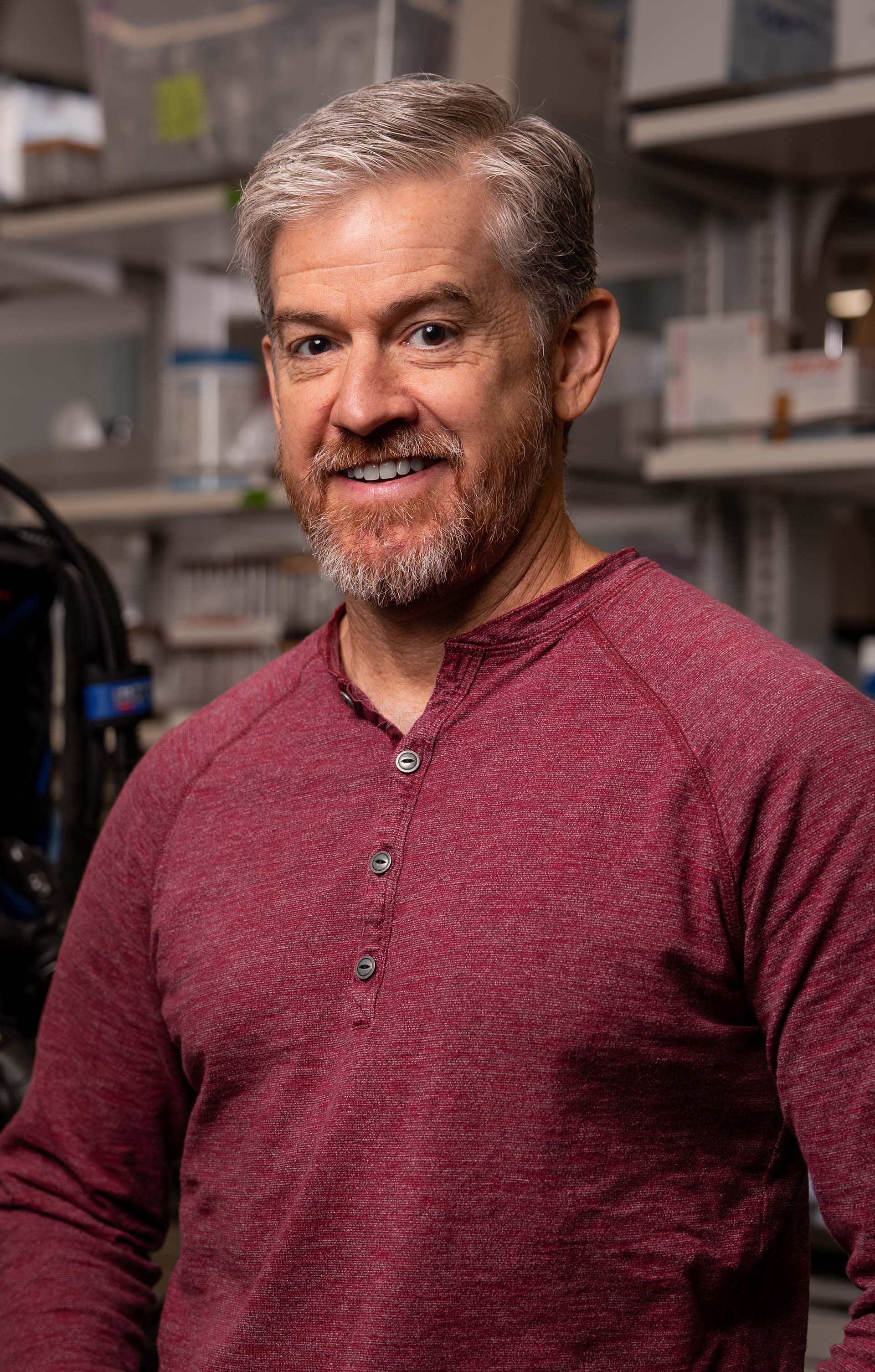
"This was entirely his project, which is why he is the first author," Lovering said. "There are a lot of amazing undergrads at UO. But in my 19 years here, I've had only those two students who were strong enough to manage it all, write it up and look at peer reviews, the not-so-fun parts of science."
Orman first connected with Lovering's lab through persistence.
"He applied and let me know several times that he was interested," Lovering said. "I hadn't met him before, but he was very persistent, and that stood out. Once he joined, I didn't have to do anything to motivate him. He motivated himself."
The lab studies how the body responds to extreme environments, such as heat, cold, altitude and physical stress. For Orman, it was a natural fit.
"I've always had this high-level, aerobic background," he said. "And I just did my first 100-mile bike ride. I love learning about how the body performs."
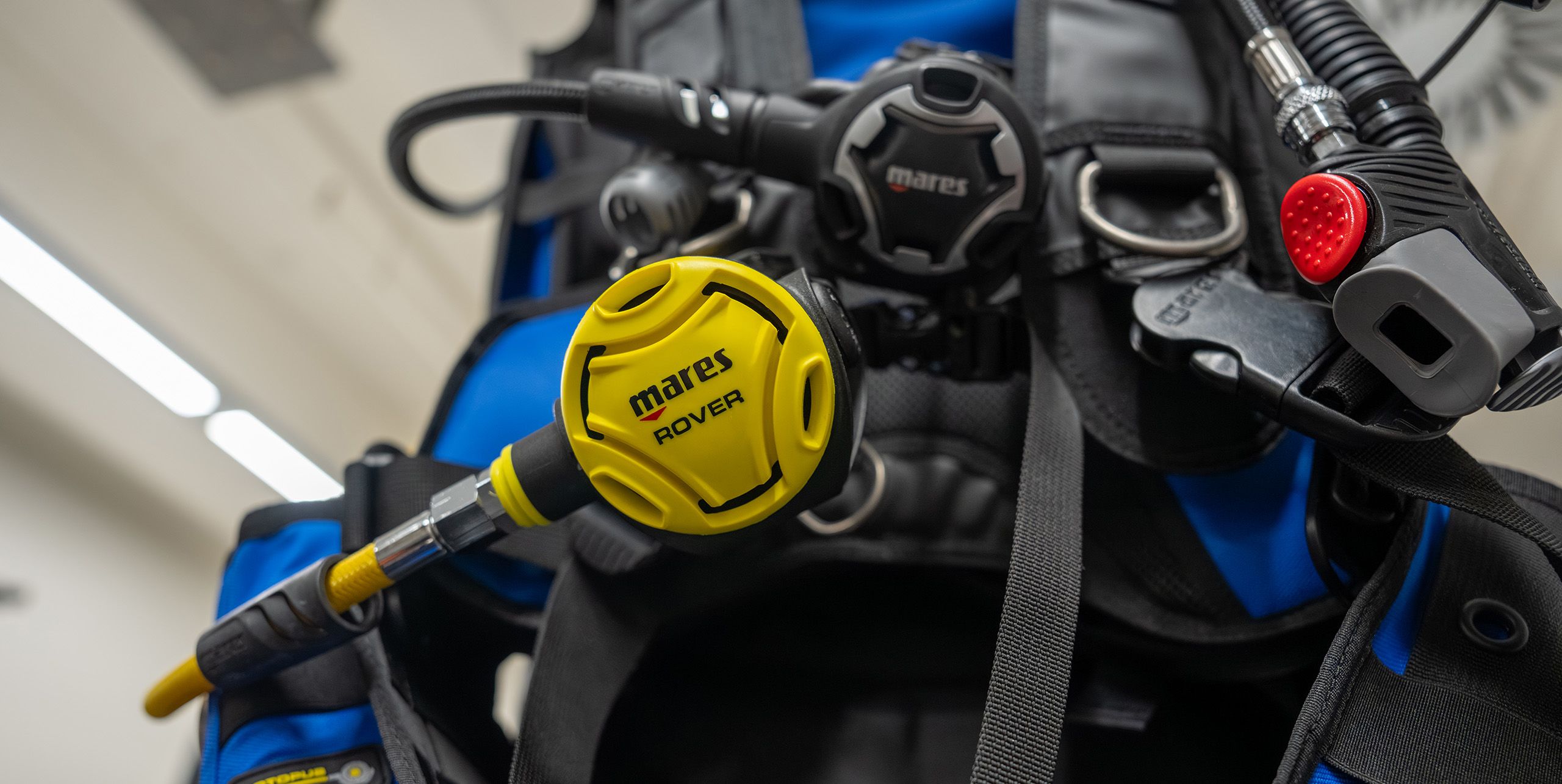
He started by helping with arterial blood draws for a NASA-funded study of carbon dioxide levels in space. Before long, he was helping other students learn statistical programs and stepping up to manage larger projects.
When Orman's mentor Karleigh Bradbury was preparing to finish her doctoral degree, she asked if he'd like to take over her cold-water diving study.
"I didn't know anything about scuba diving," he admits. "But I took on management of the study and realized, yes, this was exactly what I'd wanted."
The study required coordinating participants, collecting data and then analyzing it. During the process, Orman focused on getting comfortable interacting with study subjects.
"I went from being nervous with people in this new-to-me recreational field, scuba, to being more at ease," he said. "It taught me how to be professional and kind, how to make people feel safe while still keeping good boundaries as a researcher."
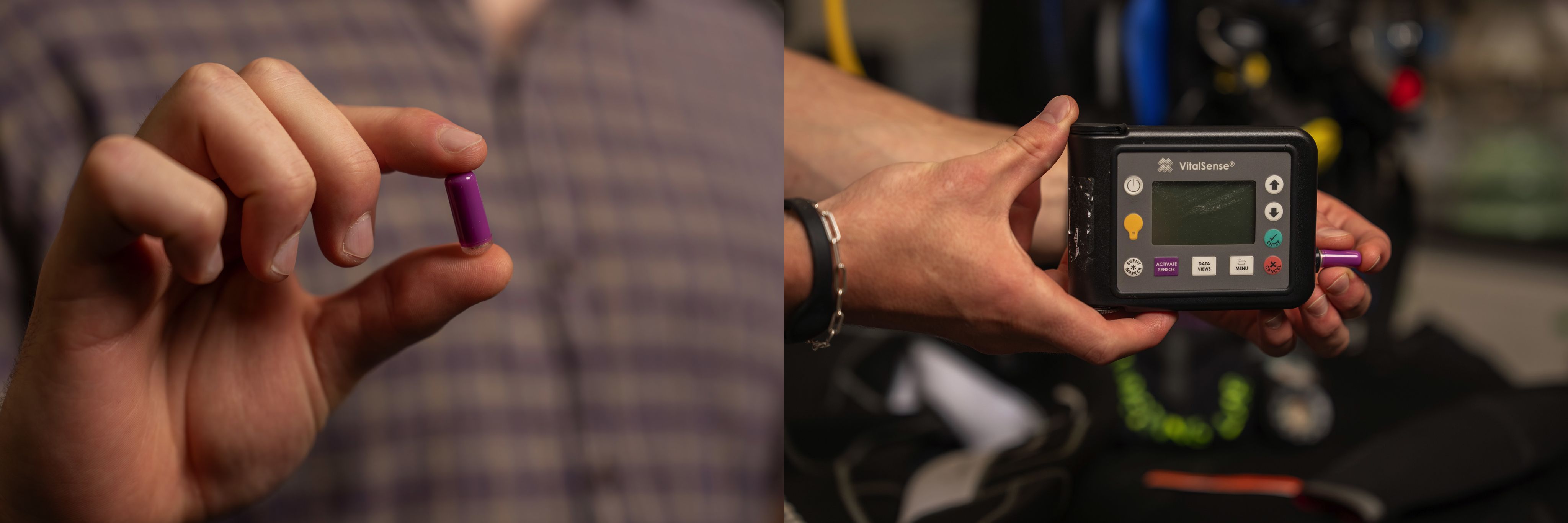
Later, Orman learned a bit of scuba diving. The experience gave him a new perspective on what can influence a diver's core temperature, including anxiety about something happening under the water - such as spotting a boat propeller or a Pacific octopus.
The project also tested his patience and curiosity.
"The hardest part wasn't the data itself," he said. "It was learning how to tell the story of the data, figuring out what mattered and why."
Lovering said Orman's growth mirrored that of a seasoned researcher.
"He was nudging me along," Lovering said. "Tucker's very fast, very bright, very good with numbers, and he helped other trainees learn. He was a team player."
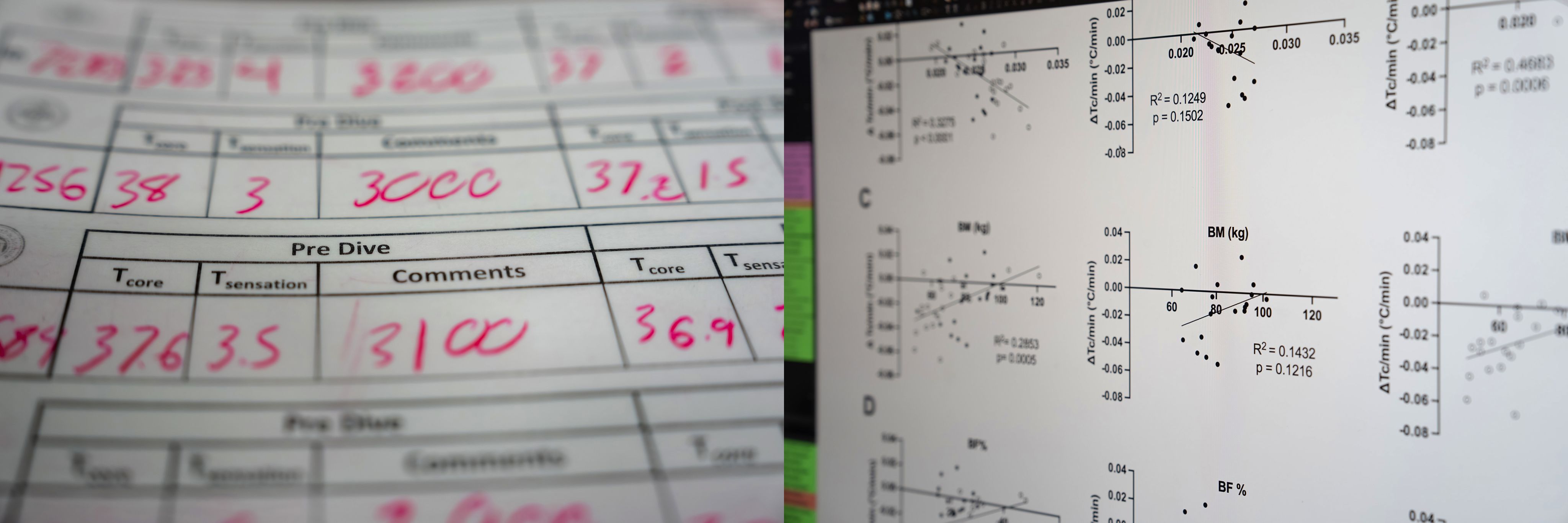
When peer reviewers asked for new analyses comparing male and female divers, Orman approached it as an opportunity, not a setback.
"The best thing Tucker did - the best thing any student or PI can do - is to keep an open mind," Lovering said. "Sometimes reviewers ask for things you're not thrilled about. But Tucker responded with thoughtful questions."
That mindset carried him through the long revision process of reanalyzing data, checking proofs and finalizing tables for publication.
For Orman, the most meaningful lessons came from working with study volunteers, lab partners and mentors.
"Learning how to connect with people, especially individuals you've asked to join your study, I see that as practice for being a good doctor," Orman said.
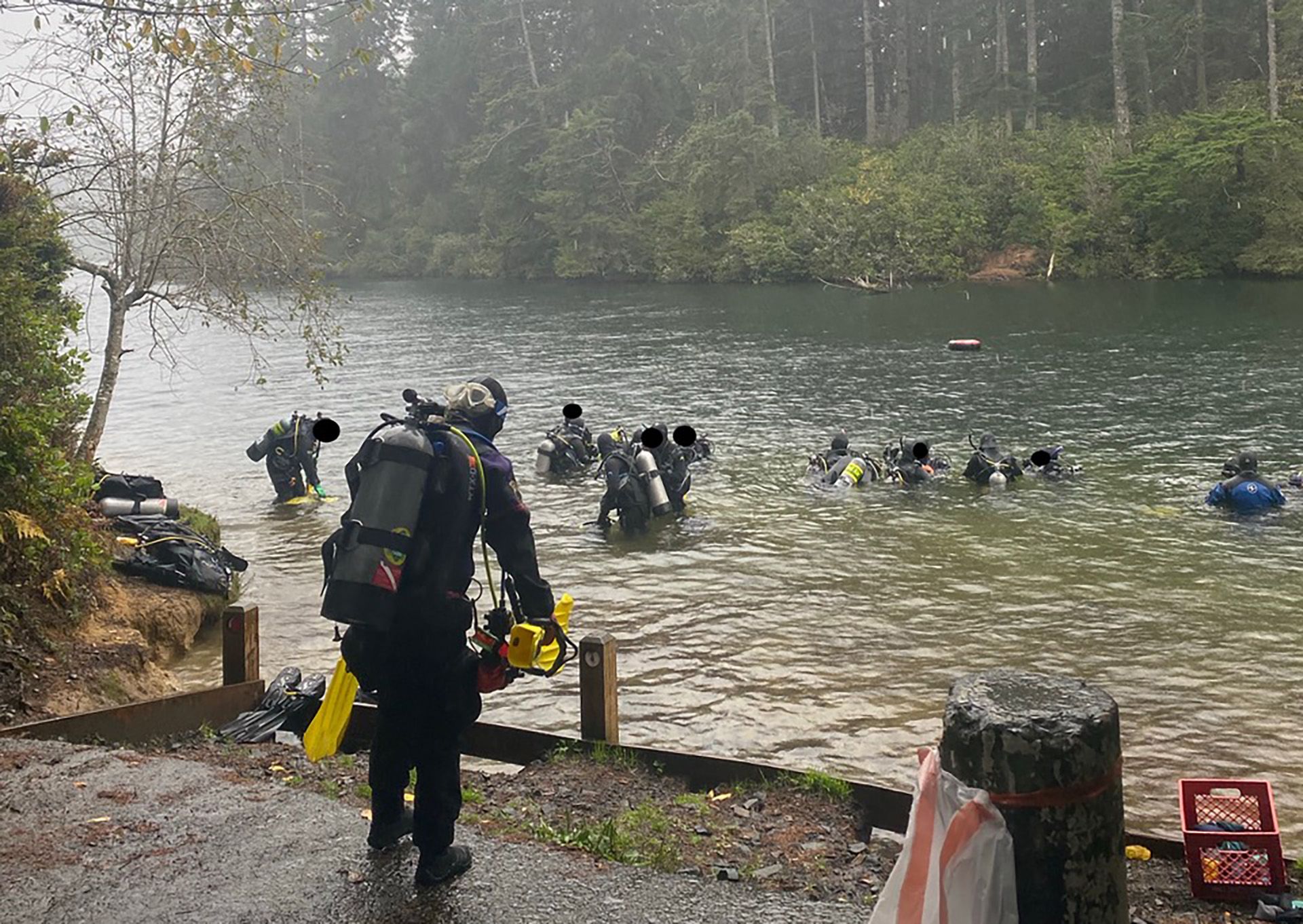
Outside the lab, Orman also worked as a medical scribe at Slocum Center for Orthopedics and Sports Medicine, documenting providers' encounters with patients to ensure accurate records. The experience deepened his understanding of long-term patient care, the same kind of recovery journeys he once faced himself.
Now Orman is taking those lessons into the next stage of his career. He's applied to medical school and recently began a position as a technician in the UO's Oregon Performance Research Lab, conducting exercise testing on elite athletes to explore the limits of human performance.
"I've known for a while that medicine is where I want to go," Orman said. "But research has made me more thoughtful about how to get there. I want to keep asking questions and staying curious."
He says the scuba project taught him how to balance the technical and human sides of science.
"You can do the medicine while still making people feel safe," he said. "That's what I want to bring into my future work."
For Lovering, Orman's path underscores what's possible when undergraduates are trusted with real responsibility.
"As professors, the best thing we can do is create opportunities and let students walk across the finish line on their own," he said. "Tucker showed he could do that, and he did."
Looking back, Orman says his years of surgeries and recovery weren't departures from his goals, they were the beginning.
"When I got hurt, I didn't realize that experience would lead me into research," he said. "But it gave me the empathy to understand what people go through, and the drive to help."
Dive into human physiology research at the UO
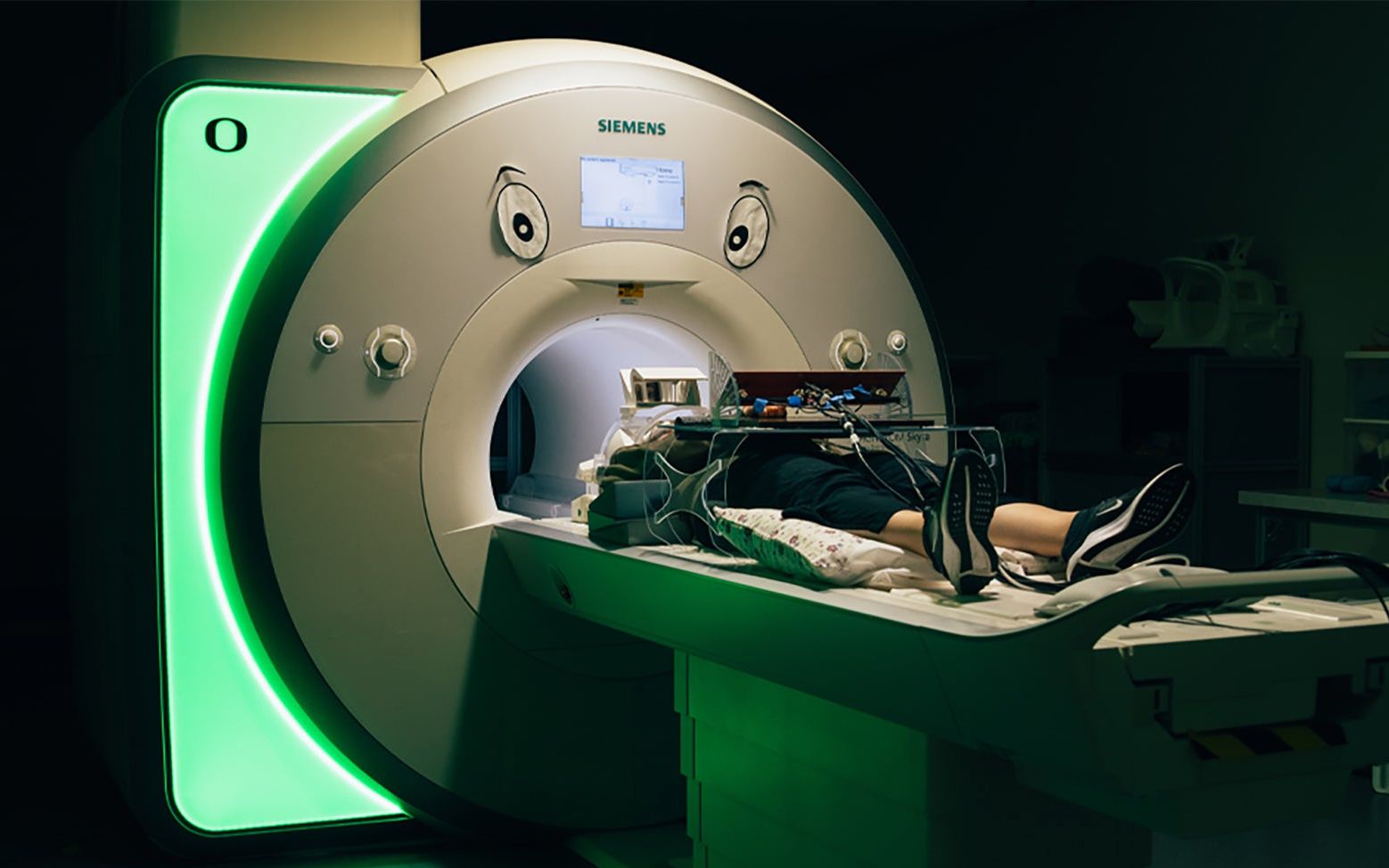
The neural patterns behind reaching for an object can advance brain-computer interfaces
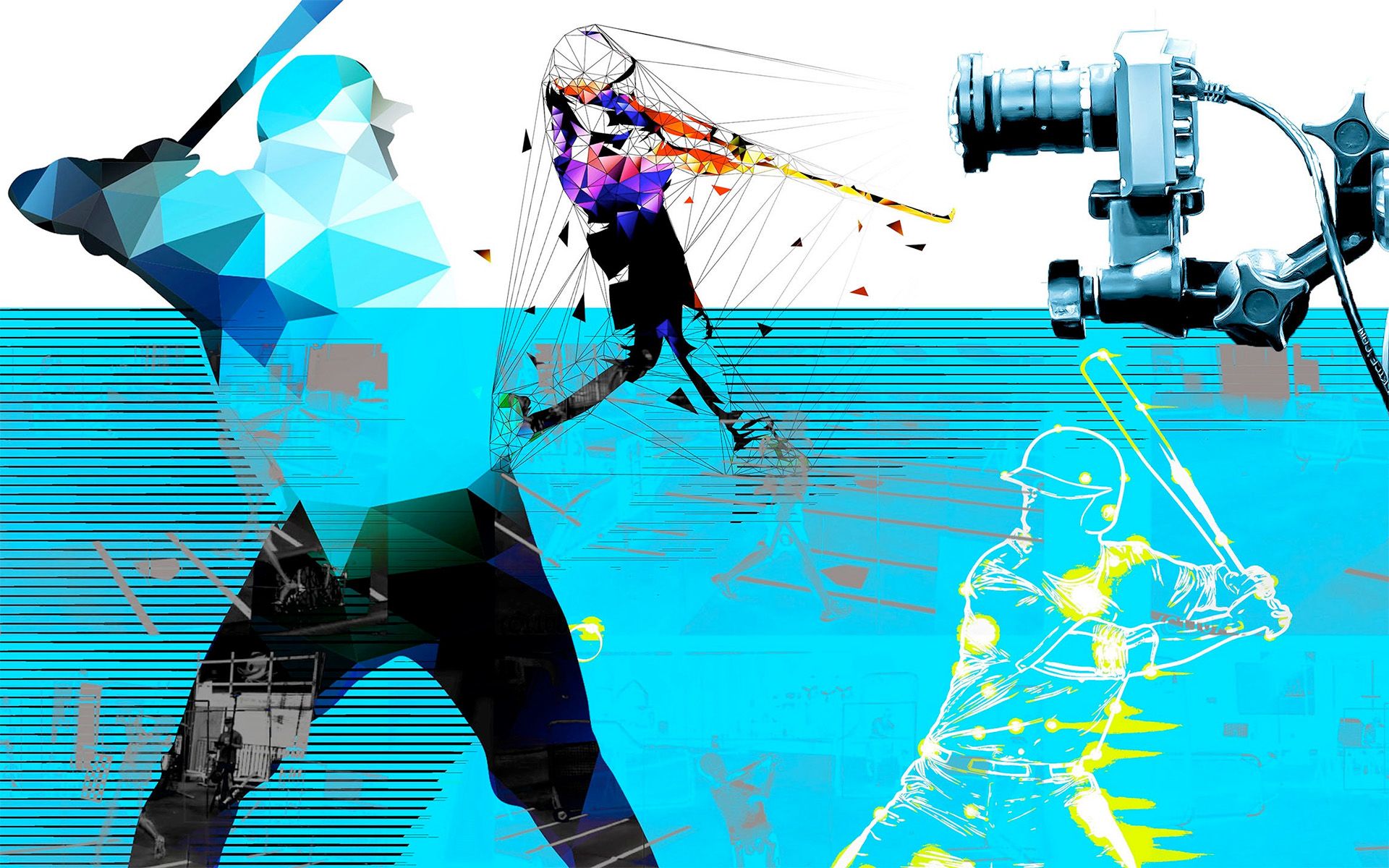
Athletics and academics team up to explore performance and advance the science of sports
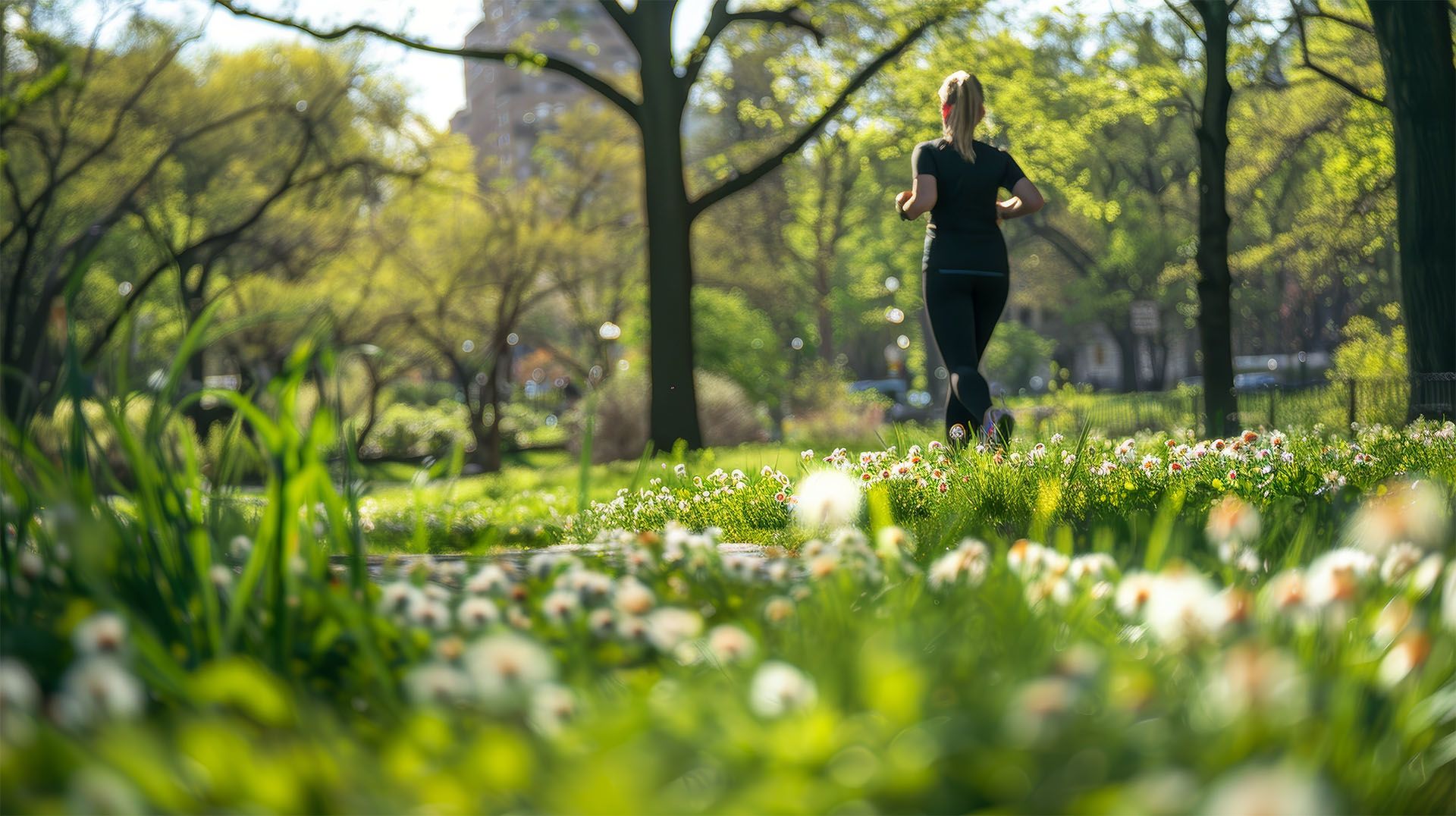
New research shows that high levels of antihistamine drugs can reduce fitness gains






